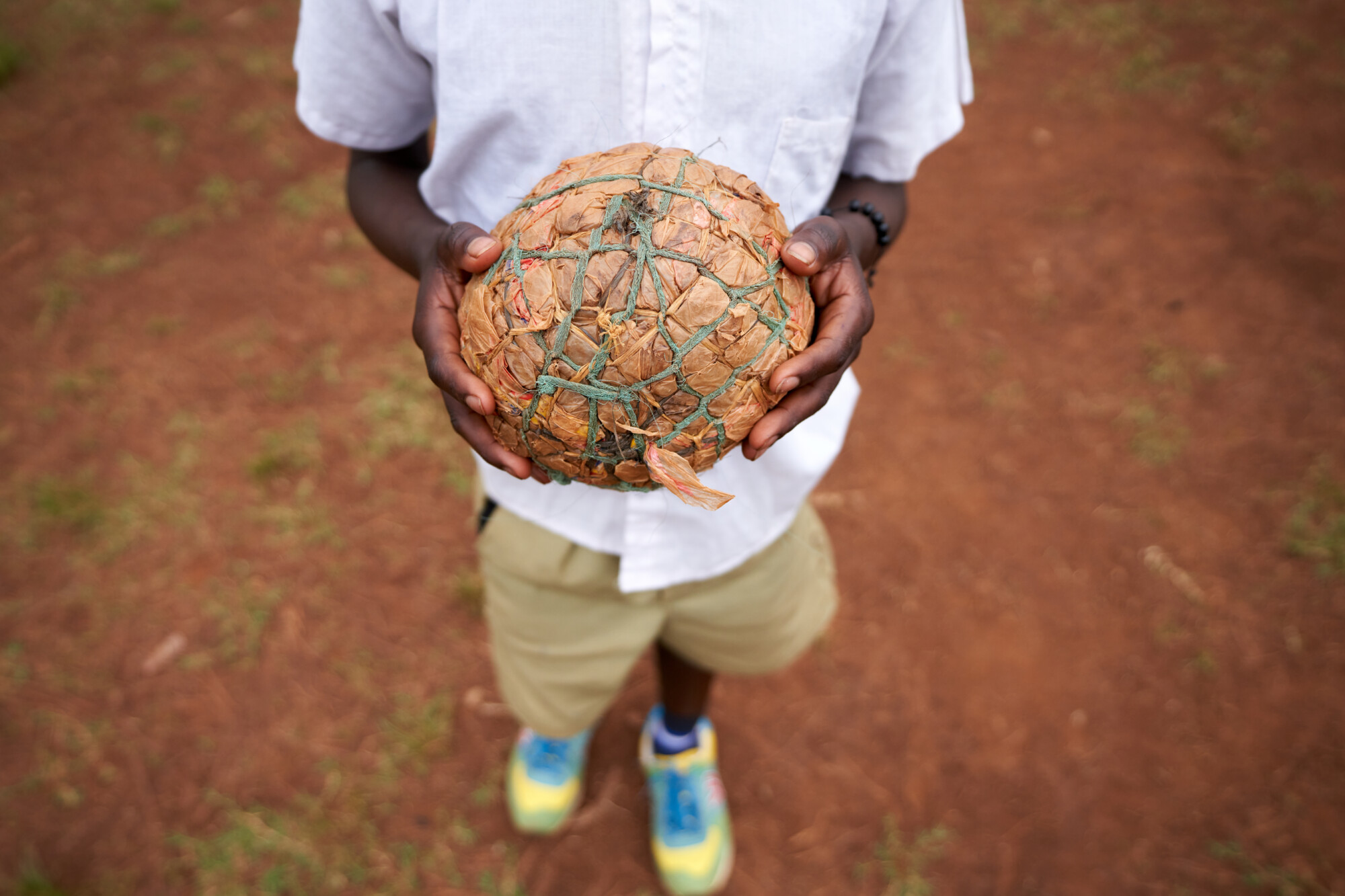
Charity helps Latin American street children find an identity and an education
Child labour, Right to education, Street Connected Children
Over 20,000 living and working on city streets in Guatemala and El Salvador have been guided by Toybox into shelter, health services and schools.
More than 20,000 street children in Central America have been supported by a British charity that views education as vital to helping them escape a life of violence and poverty.
Toybox has been operating for more than 25 years in the region and has projects in Guatemala and El Salvador, two of the most dangerous countries in the world.
The charity is committed to ending the “global injustice of children living and working on city streets”. Its work to date has helped at least 16,567 children in Guatemala and 4602 children in El Salvador.
The charity promotes the human rights of children, as set out in the United Nations Convention on the Rights of the Child.
Toybox started working in Guatemala City in 1992, helping children plunged into the chaos of living or working on the streets. The city is beset by violence and gangs and the charity helps children in some of its worst-affected areas.
In an interview with Their News, Al Richardson – International Programmes Director at Toybox – said: “We see discrimination against children living on the streets. They face physical violence, sexual violence and they also face challenges of shelter and sufficient food, access to health services and access to education.”
Working with its local partner Conacmi, Toybox engages in outreach work on the streets of Guatemala City. The project aims to confront the root causes of street migration, abuse and neglect in the home, and lack of educational opportunity.
Toybox tries to ensure street children are attending school regularly and receive the support needed to enable good educational progress.
Richardson said: “The gangs do cause some challenges for the children. Sometimes they find that to access the school they actually have to take a long route round, so they can avoid certain territories.
“We talk a lot about child rights and how to protect yourself. In that way we’re helping the children to protect themselves when they face challenges. But, yes, the gangs are very much an issue.”
She added: “In Guatemala, there’s work that’s helping them to access school. I was there in November and met a youth group of kids from the community, and the younger ones – aged 10, 11 – had been helped to re-enter back into formal education.

“But the older ones – 15, 16 – we were taking the approach of it was probably too late to go back into education. So we looked at night schools where they could do a couple of hours each day, to bring up their level of education which can help with employment.”
Toybox also provides vocational training to young people as well as micro enterprise loans to enable them to start their own businesses.
Child protection is at the heart of this project, which partners with local authorities to establish a functioning child protection system and local child protection committees.
Toybox does similar work in El Salvador with its partner Viva El Salvador. A project in the capital San Salvador works in partnership with local churches and communities to provide children with emergency food, shelter and medical treatment.
It also focuses on making long-term, sustainable changes to children’s lives through education, vocational training and, where possible, reintegration with families.
One of Toybox’s major initiatives is to help street children in both Guatemala and El Salvador through birth registration.
This project aims to reduce the number of invisible and unregistered street children in Guatemala, provide education and training with communities and raise awareness of the importance of birth registration.
Richardson said: “One of the reasons why children end up becoming street children, or remain street children, is lack of access to birth registration.
“So we found that by doing some birth registration work, in both El Salvador and Guatemala, it’s a good stepping stone for them to be able to then look at accessing education and health services. That programme is in both countries.”
With a birth certificate, a street child can access healthcare, education and protection from abuse and exploitation. Children without birth certificates have no official names, birthdays or identities.
While many can begin school, without the official documents required by law to sit exams, they cannot advance past first grade. This lack of progress pushes children out on to the streets, with some working to support their families and others pressured into the temptations of gang life in order to survive.
Many are simply left to wander the streets alone looking for friendship and purpose. Instead they find crime, violence, brutality and abuse.
Case study: Anderson from Guatemala
Al Richardson is pictured with Anderson and his mother. He had started school but was not registered so couldn't progress to the next year. His family were unable to find the relevant documentation related to his birth so Viva helped to organise a DNA test which proved he and his mother were related. They got the legal paperwork and he has now received his birth certificate and moved up to the next school year.
In both El Salvador and Guatemala, Toybox is also working with the parents and the teachers.
She said: “We work with the parents, particularly mothers, around how to look after your child. How to consider health and hygiene. To promote education.
“We work with teachers as well. It’s great that the children can get back into school but they may have missed years of school.
“Also they are used to having been on the streets, so their behaviour is maybe not the same and they’re not used to a school environment.
“We work with the teachers so they have a more positive attitude towards these children, to help them integrate back into school.
“Sometimes there can be discrimination with their peers. So teachers can ensure the other children are more accepting of these children. We found it be very effective.
“It takes a bit of time – but without that they join school then drop back out again due to discrimination. If we work with the teachers they are more likely to stay.”
More news

Teacher helps Harrison move from life on the street to success at school
